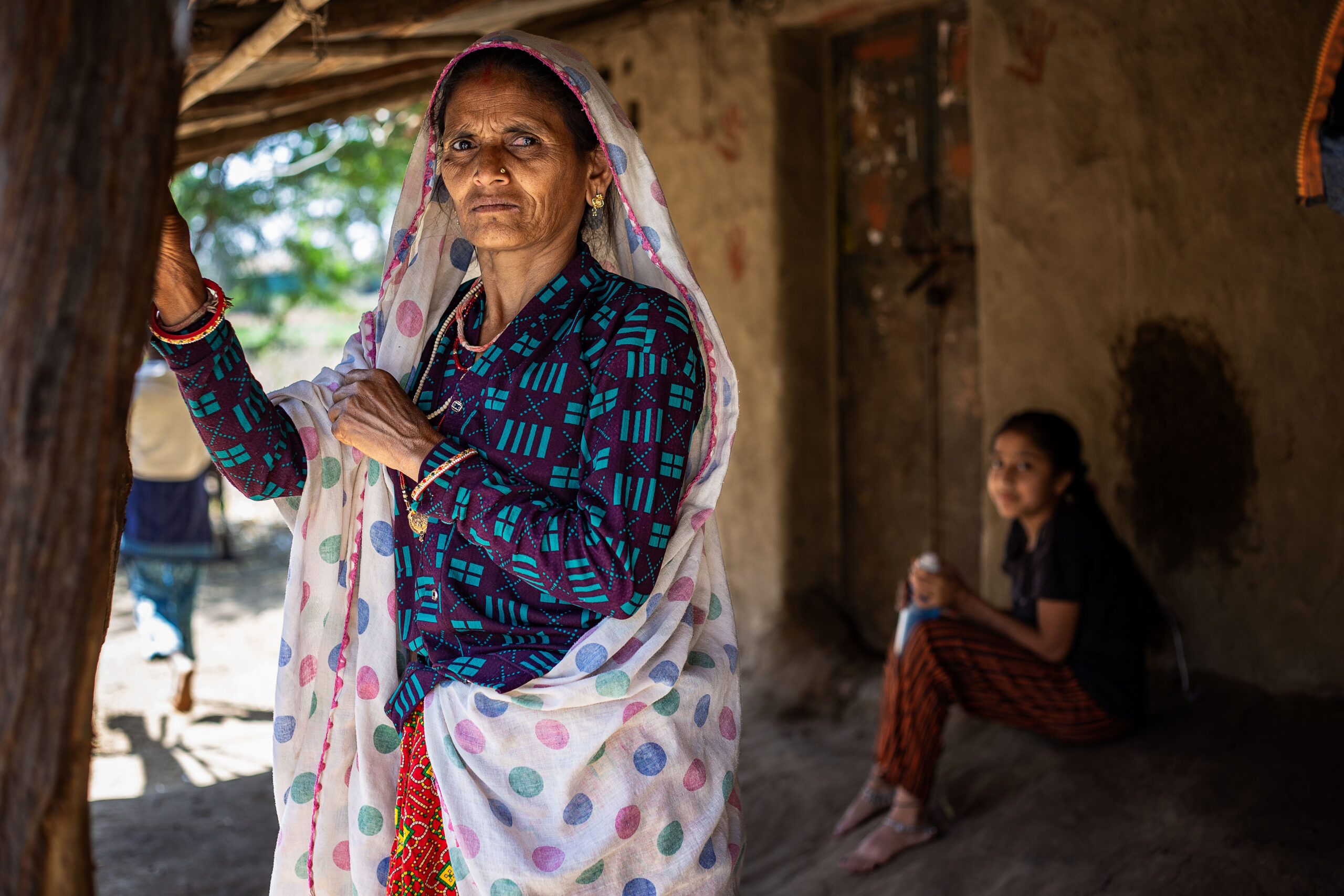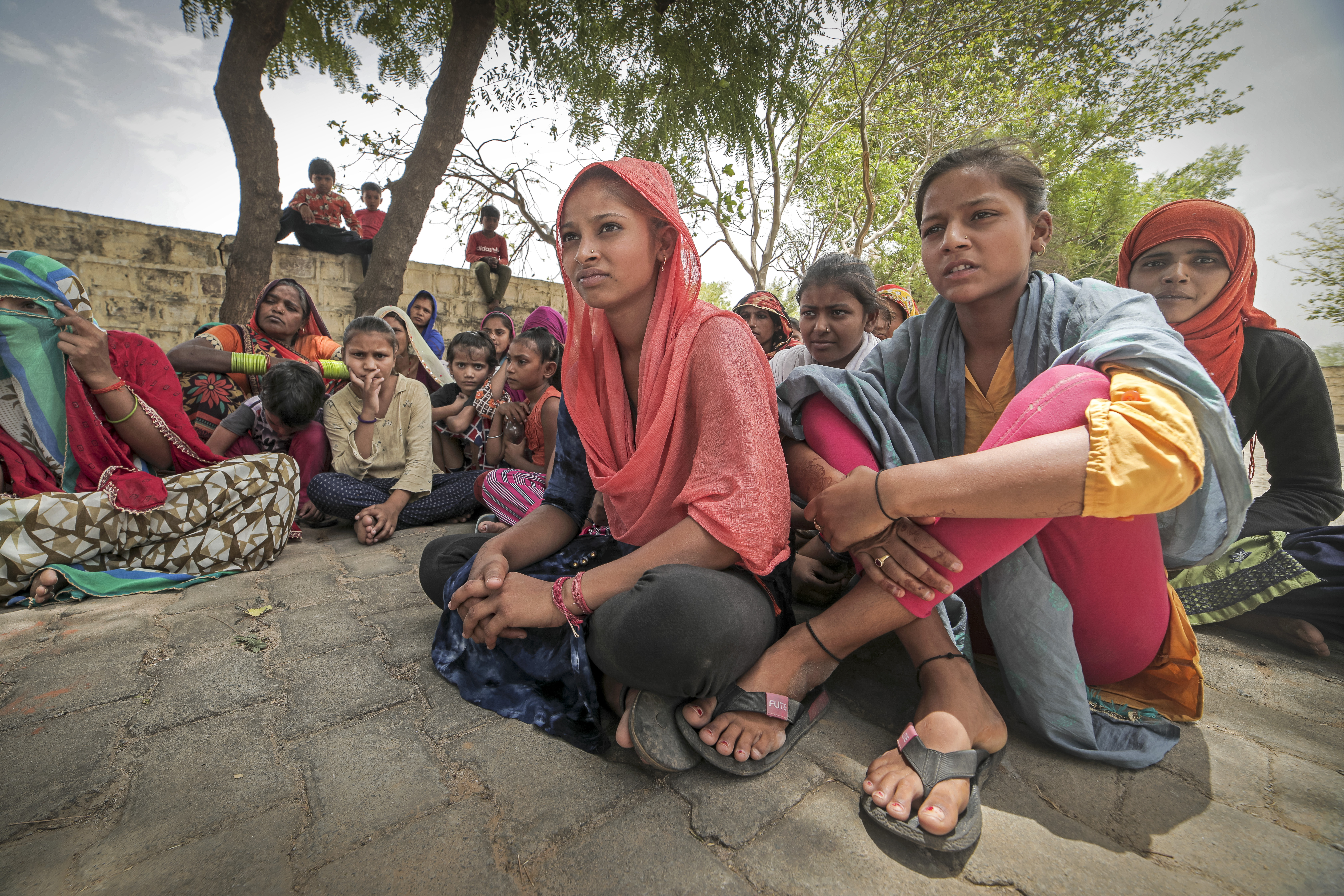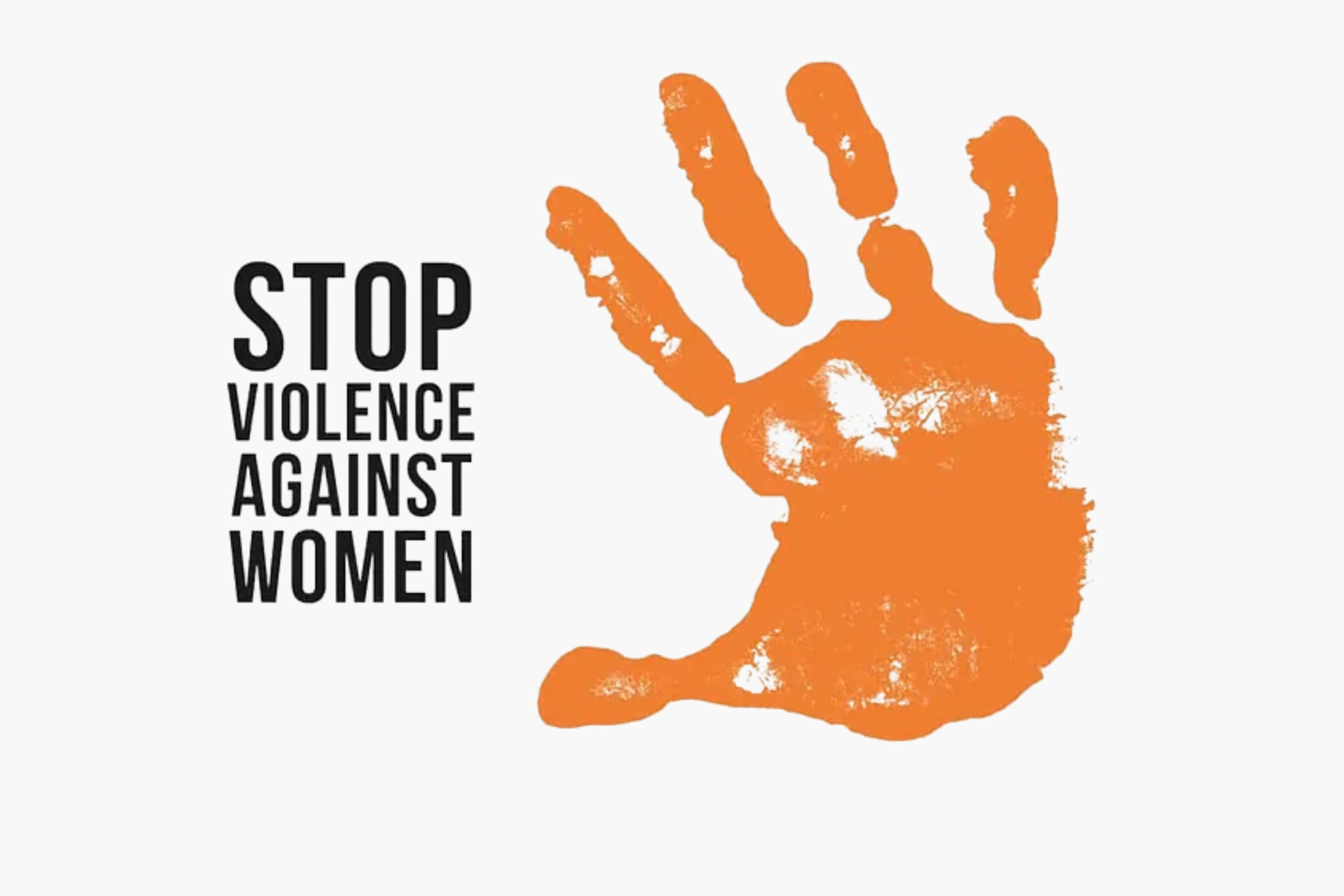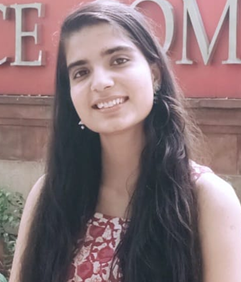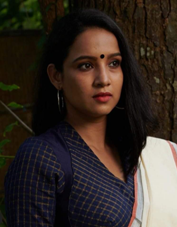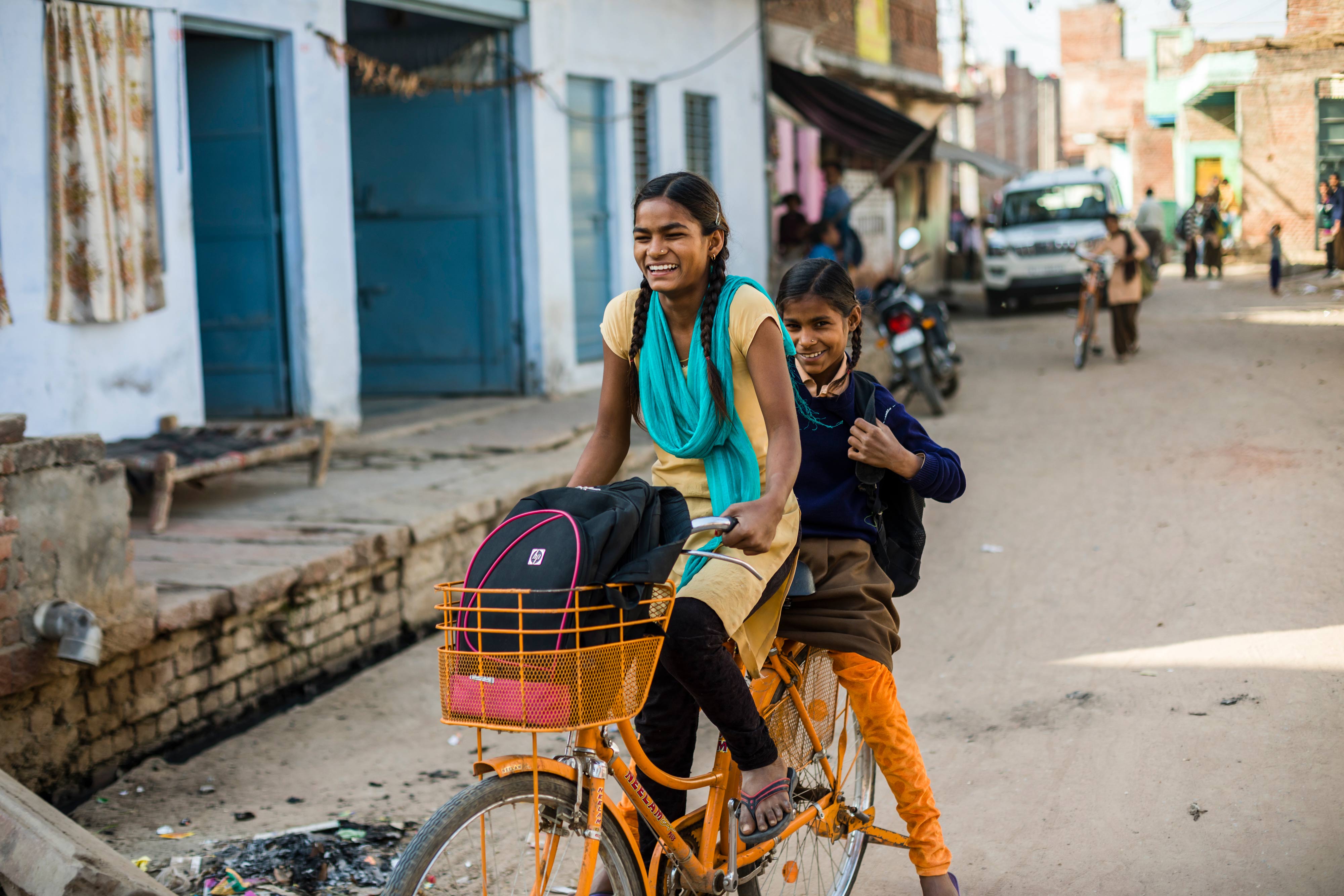
Socio-economic Empowerment prerequisite to Gender Equality
August 26 th is celebrated as National Women’s Equality Day in the United States of America, celebrating Women’s right to vote. Despite being one of the most proclaimed progressive countries in the world, women in the US have struggled hard to achieve voting rights. It is a matter of pride for India, whose constitution ensured women voting rights since its inception, even when some European countries like Switzerland lagged in doing the same.
As India celebrates 75 years of its independence, it’s important to introspect and ask if we have succeeded in ensuring gender equality with the early provision of women’s voting rights. Have we created an equitable future for all? Are men and women on equal footing in 2022 India?
Gender equality ensures that despite the sex assigned at birth, every individual exercises the same rights, responsibilities, and opportunities. For example, women should be paid equally for equal work as their male counterparts. However, the concept of equity is fairer as it accommodates the intersectional angle of disadvantage and vulnerability. Equity refers to justice and fairness and recognises the need for additional support to overcome socio-historical oppression to establish equality. Gender equity is a prerequisite for gender equality. To achieve the full potential of India’s demographic dividend, gender equality is inevitable.
Evaluating the existing inequalities from an intersectional lens of the disadvantage is critical. For example, women from socially and economically poor backgrounds face additional challenges besides gender-induced vulnerability. When an employed urban woman experiences gender discrimination regarding unequal pay and opportunities to uplift her career, rural women struggle to ensure primary education and health services. Deep-rooted social norms and patriarchal establishments hinder her from achieving anything. Therefore, it is vital to address the socio-economic barriers to challenge the gross imbalance experienced by the most marginalised women.
Talking to Pushpa, a tribal woman from Udaipur- about the importance of agency and voice, as a part of the formative research conducted-provoked my thought as she asked me, “I am dependent on my husband for everything, for food, clothes, medicine, etc. I don’t earn anything. So how can I speak for myself and demand anything? What if he stops supporting me financially? Where will I go, and what will I do?
Women like Pushpa who are financially dependent lack the agency of exercising household-level bargaining to ensure equal access to food, education and opportunities. In addition, there are significant barriers stemming from the social positioning of women. The deep-rooted social norms push women from opportunities to learn and earn, placing them in the stereotypical role of a caregiver. Since childhood, it is considered natural for a girl to do household work. In contrast, a boy is kept aloof from the kitchen, reinforcing adulthood in the form of women bearing caregiving burdens while men participate in economic activities.
Gender inequality imposes serious and long-standing consequences on women and young girls, pushing them to child marriage, teenage pregnancy, sexual abuse, exploitation, and violence, challenging women’s physical, mental, social, and emotional well-being. This demands the need to establish comprehensive interventions that uplift the marginalised women by addressing the intersectional disadvantage.
Women’s Social and Economic empowerment is a powerful tool for achieving gender equality.
Project Udaan and Manzil, funded by CIFF (Children’s Investment Fund Foundation) and implemented by IPE Global- a development sector organisation working for women and girls empowerment-sets a good example, addressing the regressive social and gender norms at the
community level that hinders women’s access to education and participation in the workforce. Udaan is a five-year project aimed at reducing teenage pregnancies in Rajasthan, challenging deep-rooted social and economic, factors. One of the strategies of Udaan bridged the gap in girls’ access to education by fixing the demand and supply side barriers.
The Udaan coordinators engaged with the community through different activities and in-person counselling sessions to make them aware of the importance of girls’ education and how the existing government scholarship schemes can enable their daughters to study, challenging
economic hardships. The community awareness sessions were tailored to propagate the idea that a girl child is not a burden to the family but an asset. In addition, the Udaan project engaged with the government of Rajasthan to simplify the scholarship application process through IT-based solutions and reduce the documentation requirement. Committed strategic engagement with the state education department of Rajasthan helped to release the backlogged funds and ensured timely initiation of the scholarship application process and fund disbursement. From 2017 till now, Udaan facilitated the enrollment of nearly 52000 additional girls in secondary school and averted approximately 17500 early marriages.
Recognising the importance of economic participation, Project Manzil has been implemented as the next step for Udaan to ensure an effective transition from school to further studies and work by improving the provision of vocational skills in schools, apprenticeships, and jobs. Over the past two years, the project helped close to 34000 girls to complete vocational courses (28,000 in-school and 6,000 out-of-school). Among them, more than 5000 who attended on-the-job training are employed now. Manzil has significantly improved the attitude of girls and their parents and enhanced their willingness to even travel for 10km to attend the courses
Udaan and Manzil call for development sector reforms by empowering the girls socially, as well as economically and urged them to grow as financially independent women with voice, choice, and agency. Education is the most powerful tool for women to move towards freedom and
equity. Informed participation in decision-making within and outside the family positively impacts their well-being.
Udaan’s champion balikas anchor the program at the grass root level, inspiring many girls to study. The Manzils girls represent the empowered young crowd pursuing higher education and employment, inspiring millions of unprivileged girls in the country.
Thematic Areas
- All Resources
- Climate Change
- Education & 21st Century Skills
- Health
- Livelihood & Employability
- Nutrition
Recent Blogs
June 19, 2024, Shreya Chowdhury
May 29, 2023, Shreya Chowdhury
December 10 2022, Chhavi Goyal

